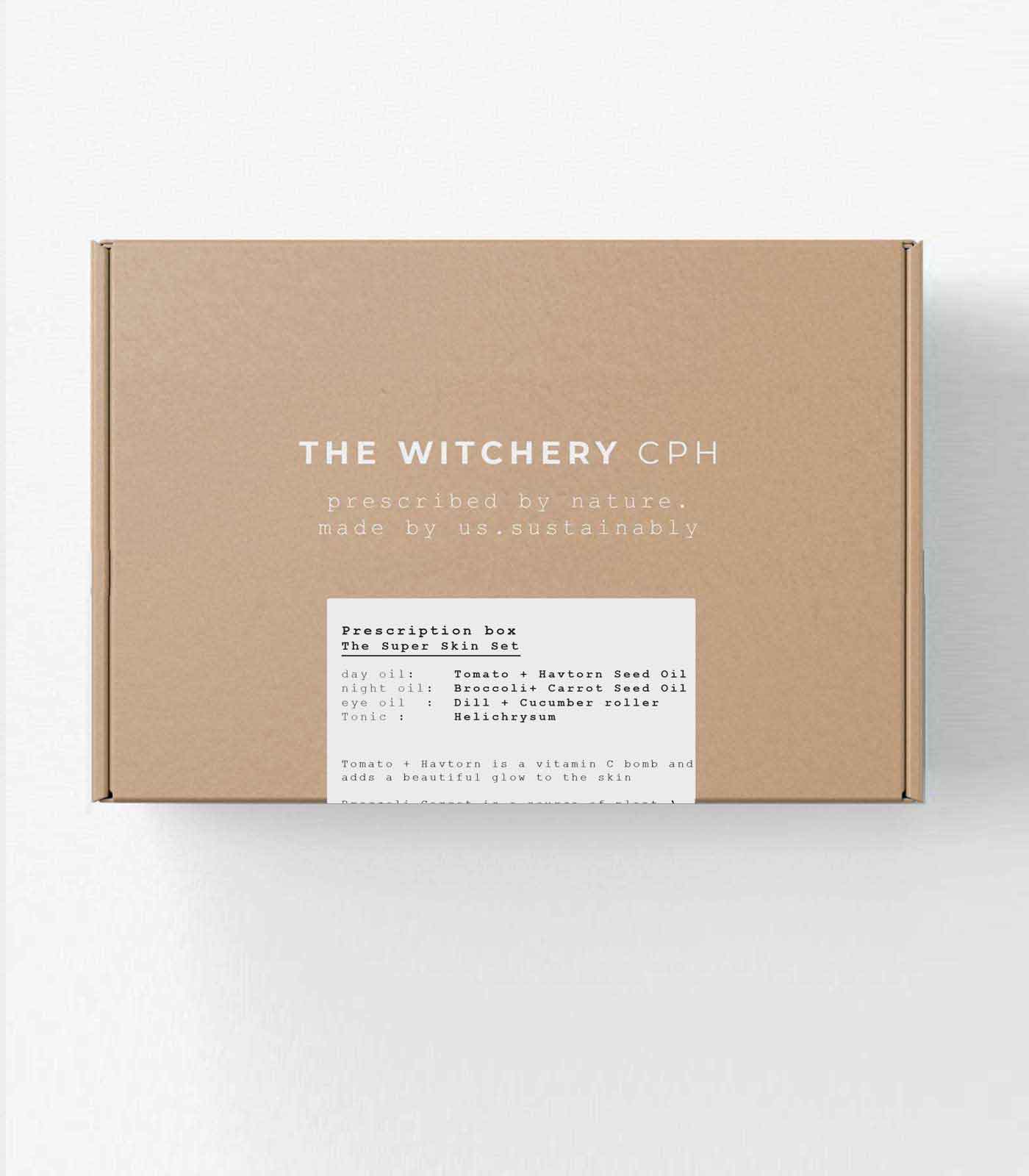It’s the right time when we have to stop thinking about pointless consumption in order to save the planet. Hot trends need to be replaced with sustainable, quality goods, which do not destroy the environment. The beauty industry is one of the largest polluters out there and a revolution is needed. Packaging, ingredients, harvesting and business ethics need to change.
My name is Anna and I am the founder of The Witchery CPH. I’ve spent a few years looking thoroughly into what the beauty industry looks like: silly little packaging, unnecessary gadgets, shipments of plastic packaging from overseas to feed the marketing needs of companies. It seemed to me that most brands just wanted to entertain their customers with new products, market them but not really produce meaningful, honest goods. It’s like the whole of the industry is just a marketing plot. It’s ran by suits with their chart, trend predictions and power point slide. Just one of the puzzles in the big picture of idiotic governments, oppression of human rights, animal rights, disrespect of nature, gender, sexuality, us.
Beauty industry is a dirty business, where slavery is still very common. How else to produce cheap Argan oil?
First of all, the use of plastic. It’s beyond ridiculous. Aquatic life is massively endangered. Plastic bags are everywhere, bottles, plastic microbeads ( from body washes for example) are found in fish. Do we really need all that plastic?
I truly think brands should stop with novelty gadgety items that demand packaging that is not possible to refill, re-use or even recycle.
But it’s not just producing sustainable packaging, it’s also how we produce the raw ingredients and the workforce we use. Let’s take Argan oil. Argan berries are harvested in North Africa, and to make it cheap, the people who pick the berries ( mostly women) are paid pretty much nothing. There is no such thing like workers’ rights, the conditions are often terrible. It’s slavery. And that’s how most of Argan oil is produced.
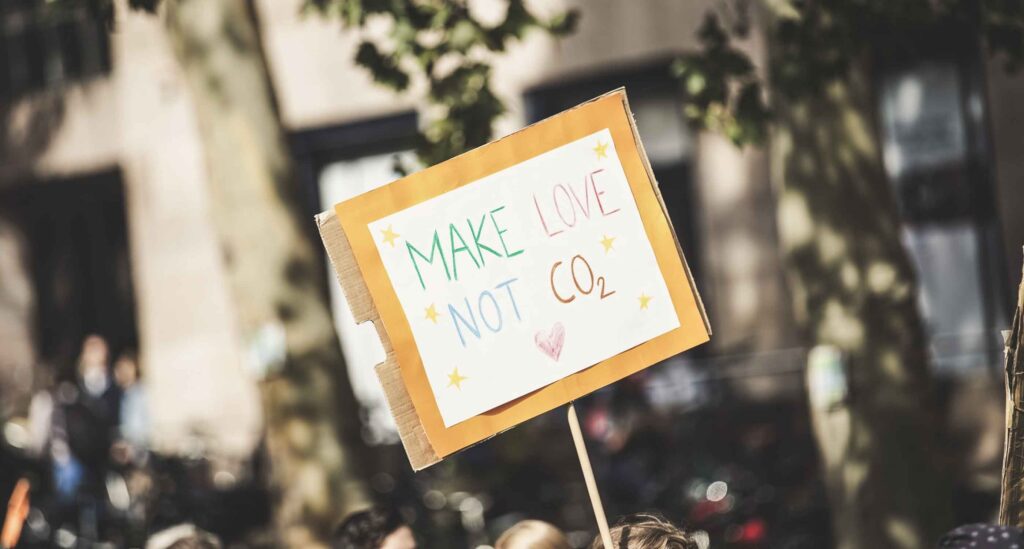
Let’s talk about CO2 and water consumption and the super popular Sweet Almond Oil. You should know that it takes almost 5 litres of water to produce ONE almond. It takes many, many almonds to make oil to fill up a small bottle. Almonds grow in dry-ish, warm areas, where watering is necessary.
I believe we should use what we have on our doorstep and find ingredients that are sustainably grown. That’s why we at The Witchery CPH we decided to focus on by-products of local food production ( seeds, kernels, leaves, flowers ). After all, Europe is a farming continent and we have abundance of fruits and vegetables that are of incredibly high quality. This way we’re saving both CO2 footprint and water consumption. Also, we avoid causing ( or encouraging) deforestation. We use plum, apple, cherry kernels, seeds of berries, tomatoes. We are even looking into using greens ( cabbage, kale) and onions to concoct superb skincare.
Are synthetic ingredients bad? Personally, I don’t think that all synthetic ingredients in cosmetics are necessary bad. However, I prefer to use natural products. Since most of us spend our lives in concrete boxes, work in offices without windows that open with grey industrial carpets and terrible lighting, I truly believe we need to connect more to the Mother Nature.

Additionally, as a person who suffered from extraordinarily dry, itchy skin, eczema and psoriasis, I found healing and comfort in natural oils. Oils are the most direct products that come straight from a plant. Raw seeds are being cold-pressed and bottled. No other processing takes place. We at The Witchery CPH do not refine our oils, they come as they are, smelling of plants we used to press them.
So yes. To me sustainability is all about:
- using local ingredients, with no harm to the environment
- producing products ethically, nobody should suffer to ensure low prices
- using glass, not plastic. If glass cannot be used- find other, if plastic has to be used- use recycled and recyclable plastic
- use local companies to buy/ produce packaging. Massive savings on CO2 ( less travel)
- make sure all products are biodegradable and do not endanger flora and fauna
- ethical messaging based on supporting a healthy life, not just selling pointless products, shaming consumers into buying it
- paying contractors on time
- being honest and having a mission, not just sales targets to meet
- treating colleagues well. no bullying!
Join us in changing the world.
Lots of love from Copenhagen,
Anna x
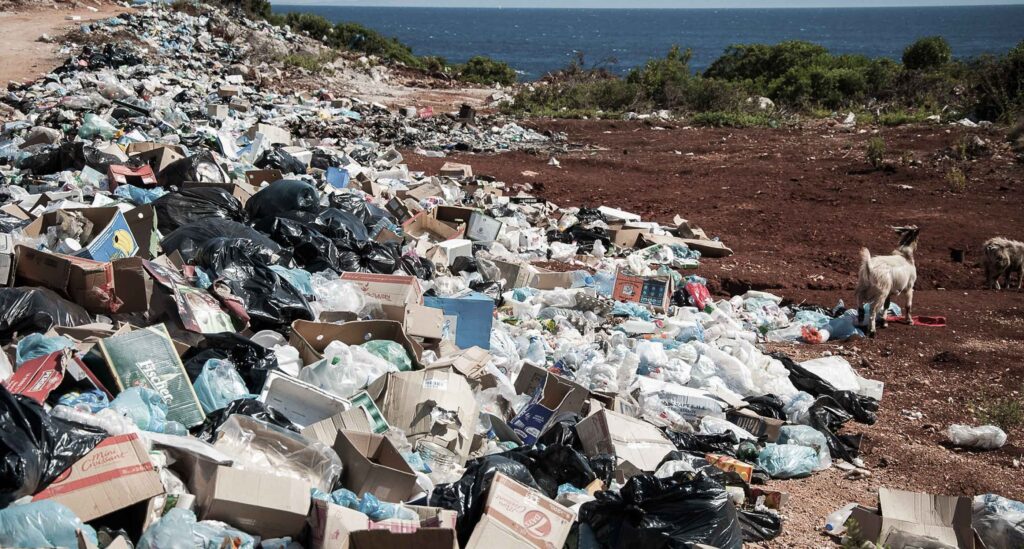




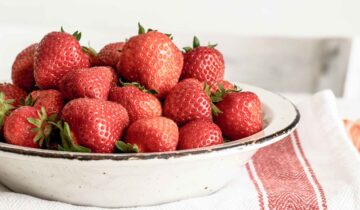

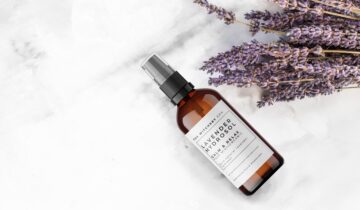
 No products in the cart.
No products in the cart. 